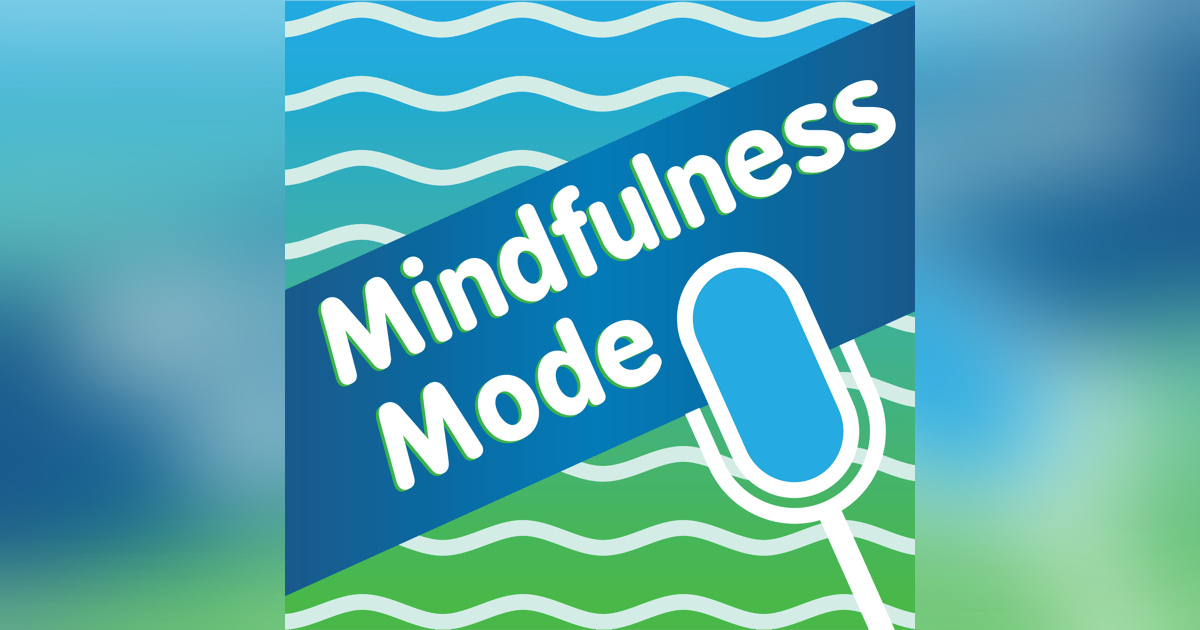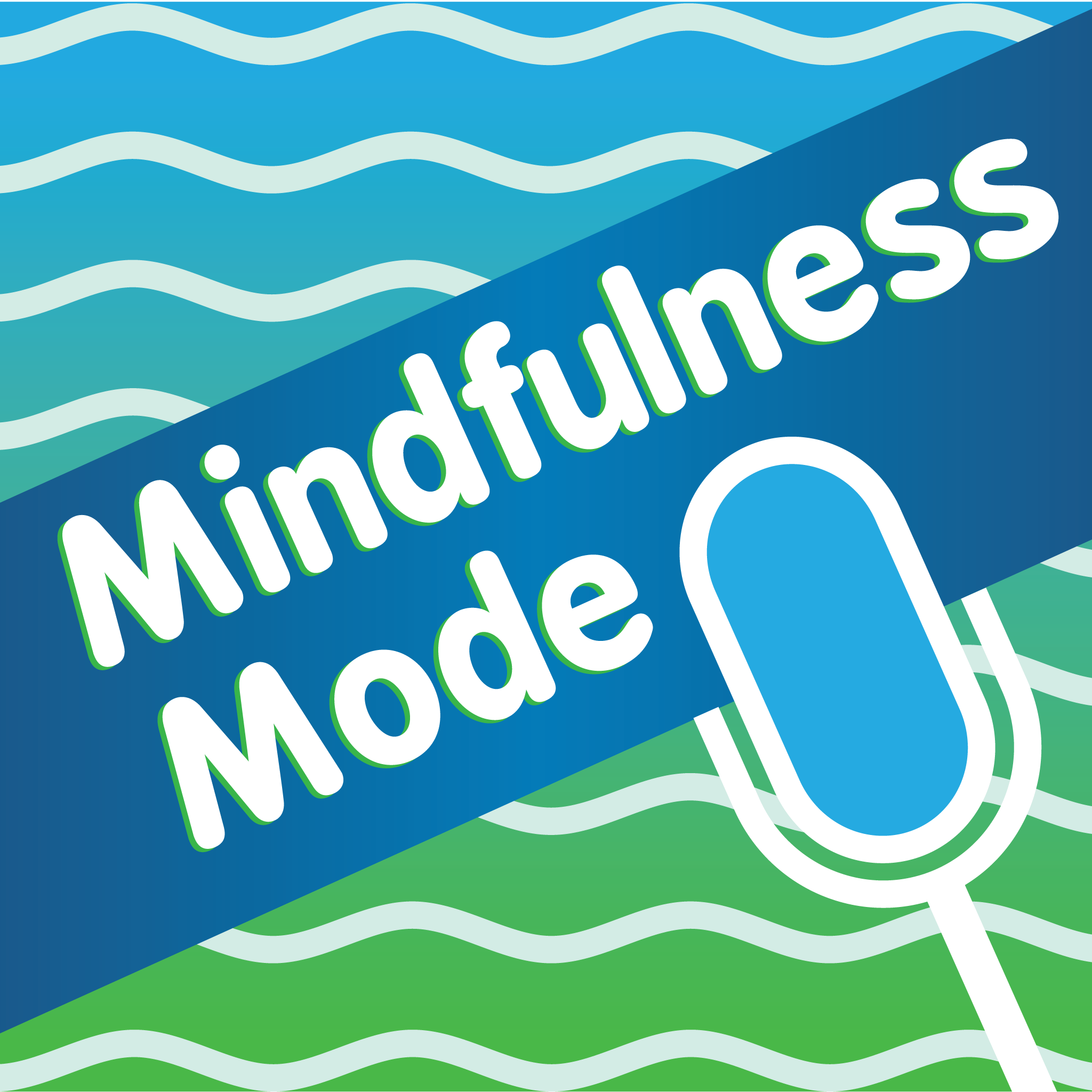Finding Karma In The Heart Of The Himalaya; Michael Schauch


Michael Schauch is a mountaineer, entrepreneur and storyteller who lives to explore remote places around the world and to share the depth and beauty of human connection he discovers along the way. With early success as an entrepreneur at age 15, and over 20 years of global financial investment experience, Schauch brings his business acumen and altruistic heart to lead and support local and international mentorship, fundraising and educational initiatives. These include the education of girls and student mentorship in Nepal, outdoor youth leadership for those facing barriers to access nature and holistic Indigenous leadership development in British Columbia, Canada. He holds an MBA from Queen’s University and is a member of the Explorers Club. Michael lives with his partner, Chantal in Squamish, British Columbia.
Listen & Subscribe on:iTunes / Stitcher / Podbean / Overcast / SpotifyContact Info- Website: www.michaelschauch.com
- Book: A Story of Karma: Finding Love and Truth in the Lost Valley of the Himalaya by Michael Schauch
- My mom.
- Mindfulness has taught me to be much more accepting, much more calm, and trusting with love.
- Breathing is rhythm. I practice breathing very deeply in the mountains and in nature. Connecting with nature is part of my meditation practice. Breathing is a core component of that.
- Book: In Love With The World by Yongey Mingyur Rinpoche and Helen Tworkov
- Book: A Story of Karma: Finding Love and Truth in the Lost Valley of the Himalaya by Michael Schauch
- App: My app is nature
- There's a story where Pemba's best friend, who is Indigenous, her mother said to me, nobody has ever truly seen my daughter as Pemba sees me daughter. That's a deeper level of mindfulness that they're cultivating [in Nepal].
- In Nepal, we went to this one little monastery and Karma and Pemba approached the shrine and very intentionally put their hands to their forehead, to their lips, and then to their heart, while uttering a Tibetan mantra that means ‘homage to the Buddha', which they consider my highest self.
- Homage to the teachings, wisdom that has come before, and homage to the community, the interconnectedness of all things. That's the level of mindfulness they're operating from.
- 008 Brent Seal: From Aspiring Hockey Player to Global Mental Health Educator
- 042 Ed Donato: Surfing and Mindfulness to Reach Your Flowstate
- 062 Cosmic Torture Strengthens the Faith of Zen Pilot Robert DeLaurentis